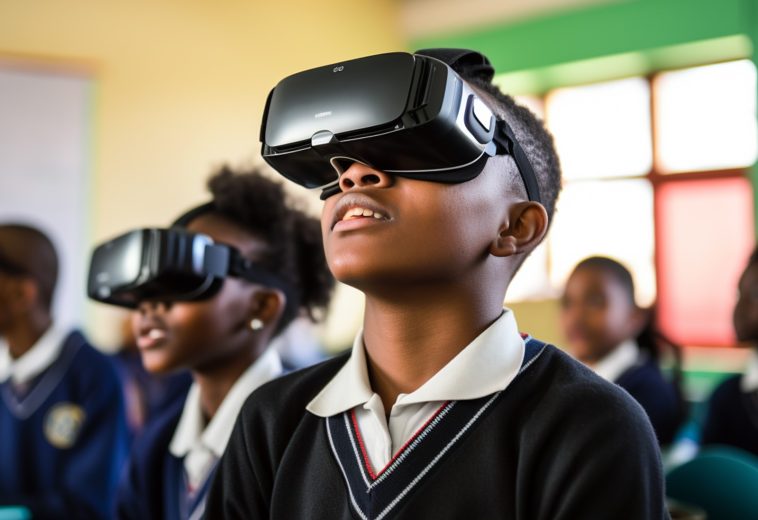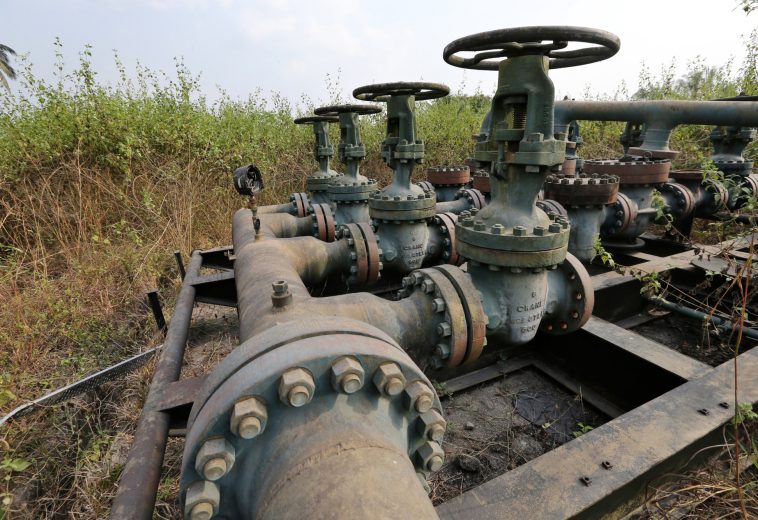Today May 29th, 2024, millions of South African voters head to polling stations nationwide for the seventh democratic general election since the end of apartheid in 1994—a brutal era of racial segregation and discrimination. Nelson Mandela’s ascent to the presidency symbolized the dawn of a new era of equality and justice. Thirty years later, the political scene is strikingly different.
With over 27 million registered voters across 23,000 polling units, this election will determine the National Assembly’s composition and provincial legislatures’ composition, ultimately shaping the country’s leadership for the next five years.
The African National Congress (ANC), long regarded as a significant political force in post-apartheid South Africa, is currently confronting a notable electoral challenge. Its three-decade tenure in power has deeply ingrained the party in the nation’s political landscape, yet signs of strain have emerged. Corruption, unemployment, and declining public services have fueled widespread discontent, potentially jeopardizing the ANC’s dominance. Recent opinion polls suggest a significant shift in public sentiment, with projections indicating the possibility of the ANC failing to secure a parliamentary majority for the first time.
The likelihood of coalition governance has become a prominent topic, prompting discussions about the effectiveness and stability of such arrangements, particularly in a country grappling with entrenched socioeconomic disparities. While coalition governments are not unprecedented in South Africa, concerns about potential fragmentation and gridlock pose challenges to addressing existing issues. The emergence of smaller parties and independent candidates departs from the traditional power dynamics that have characterized South African politics for decades.
The main challengers to the ANC include the Democratic Alliance (DA), the Economic Freedom Fighters (EFF), and the newly formed uMkhonto we Sizwe (MK) party led by former President Jacob Zuma. Each party presents different visions and approaches to addressing South Africa’s challenges.
READ ALSO: Navigating the Thorny Parts of Electoral Integrity in Africa
In addition to these parties, smaller parties like the Inkatha Freedom Party (IFP), the Freedom Front Plus (FF+), and the United Democratic Movement (UDM) also play significant roles in the political landscape, each focusing on distinct issues and constituencies.
The Independent Electoral Commission (IEC) faces the monumental task of ensuring a fair and transparent election. Preliminary results are expected shortly after polls close, with final results to follow in the coming days.
For many voters, the stakes are personal, as they hope their vote will bring about much-needed change in the country. Others see voting as a hard-earned right, reflective of South Africa’s journey from apartheid to democracy. Calls to revise constitutional provisions and overhaul existing structures resonate with a populace disillusioned by unmet promises and widening disparities.


